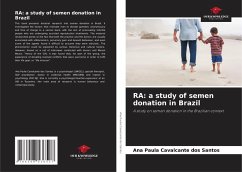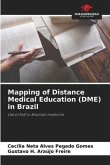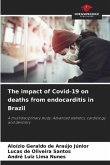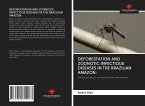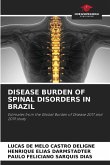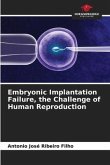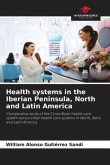This book presents doctoral research into semen donation in Brazil. It investigated the factors that motivate men to donate gametes anonymously and free of charge to a semen bank, with the aim of procreating infertile people who are undergoing assisted reproduction treatments. The material researched points to the fact that both the practice and the donors are usually associated with utilitarianism, pecuniary gain and deviant behaviour, and even some of the agents found it difficult to assume they were altruistic. The phenomenon could be explained by various historical and cultural factors. However, based on a set of interviews conducted with donors and Marcel Mauss' Theory of the Gift, it was found that, for part of the group, the experience of donating involved conflicts that were overcome in order to fulfil their life goal, or "life mission".
Bitte wählen Sie Ihr Anliegen aus.
Rechnungen
Retourenschein anfordern
Bestellstatus
Storno

